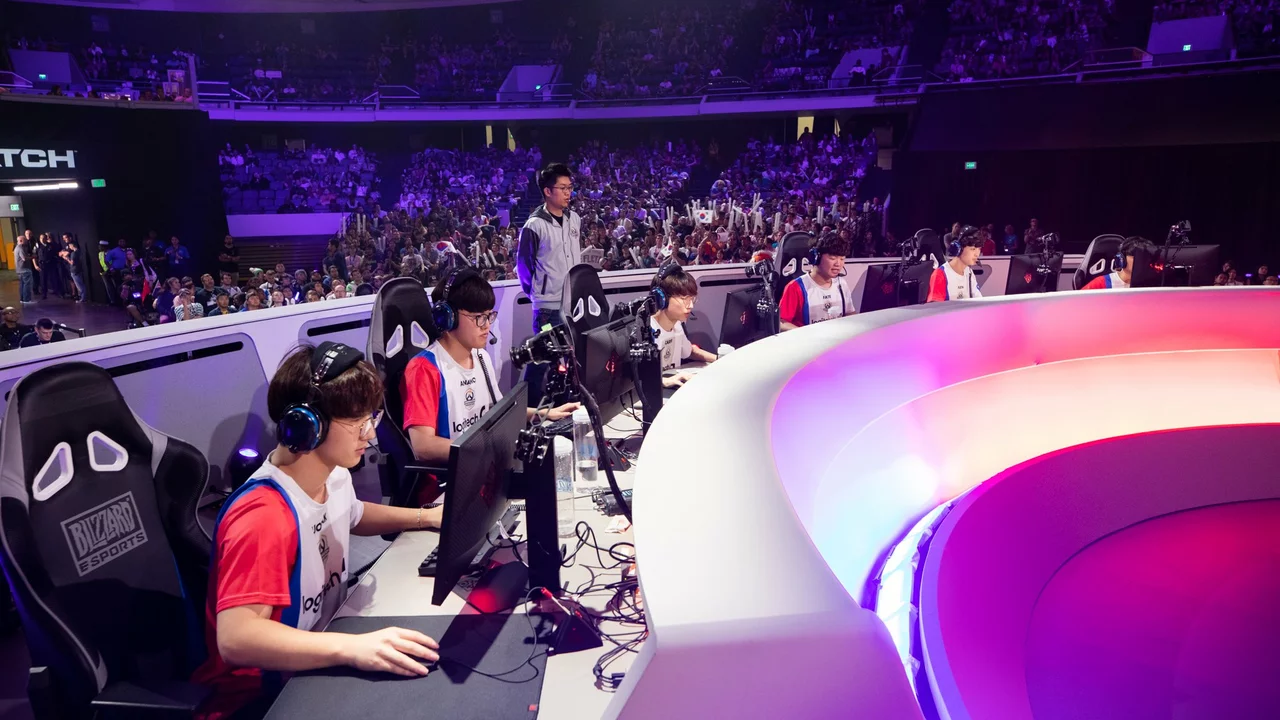Gaming Industry Basics for Young Athletes
Gaming isn’t just a hobby anymore – it’s a full‑blown industry that’s shaping how kids and teens spend their free time. If you love sports, you might wonder how video games fit into that world. The short answer: they can boost skills, open career doors, and still let you stay active on the field.
Why the Gaming Industry Matters to Youth Sports
First off, the gaming market is booming. Global sales topped $200 billion last year, and a big chunk comes from players under 18. That’s why schools and clubs are paying attention. Esports teams are popping up in high schools, and many coaches use game‑based drills to teach strategy. When you play a sports‑themed game, you’re actually mapping out plays, practicing decision‑making, and learning how to read opponents – all things that help on the real pitch.
But the benefits don’t stop at the mental side. Some games use motion controllers or VR headsets that get you moving. A quick 10‑minute VR sprint can warm up muscles, while rhythm games improve hand‑eye coordination. Think of it as a fun supplement to your regular training routine.
Safe Gaming Habits and Balance Tips
It’s easy to get lost in a game for hours, especially when a tournament is on the line. To keep gaming from hurting your sports performance, set clear limits. Try the 2‑hour rule: no more than two gaming sessions a day, and always finish at least an hour before bedtime. This protects your sleep, which is crucial for recovery.
Another simple habit is to schedule gaming around practice. If you have a soccer practice at 5 pm, make a gaming block after you’re done with drills, not before. That way your muscles stay fresh for the field, and you still get your game time.
Parents and coaches can help by using parental‑control tools that lock the console after a set time. It’s not about policing; it’s about teaching kids to manage their own time.
Turning Passion into a Career
Many young players ask, "Can I make money from gaming?" The answer is yes, but it takes work. Professional esports players, streamers, and game analysts earn salaries, sponsorships, and prize money. Start by building a small online presence – Twitch, YouTube, or TikTok – where you share game highlights and talk about sports strategy. Consistency matters more than flashy production.
College scholarships are also emerging for esports athletes. Schools are offering tuition help for players who can bring a winning record to their campus team. If you’re already good at a sports game, consider reaching out to a coach at a local university to learn about try‑outs.
Integrating Gaming with Real‑World Training
Use games as a scouting tool. Watch professional esports matches to see how top players position themselves, manage resources, and communicate. Those same principles apply on a basketball court or football field. Take notes on their decision‑making and try to apply them in practice drills.
Finally, remember that gaming should complement, not replace, physical activity. Keep a weekly log of both your training sessions and gaming hours. When you see the balance, you’ll notice better focus, faster reflexes, and more energy on game day.
In short, the gaming industry offers exciting ways for young athletes to learn, compete, and maybe even build a future career. By setting limits, choosing the right games, and treating gaming like a training tool, you can enjoy the best of both worlds without sacrificing performance.
Why is south korea obsessed with e-sports?
South Korea's fascination with e-sports is hard to ignore. It's largely due to the country's advanced technology infrastructure, making online gaming widely accessible and seamless. Additionally, a highly competitive social structure stirs young individuals to excel in e-sports, as it's seen as a legitimate career path, not just a hobby. The government's support, with initiatives like building gaming arenas, also adds fuel to this passion. Lastly, the excitement and communal experience e-sports provides can't be understated - it's a shared cultural phenomenon that brings people together.
Read More